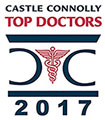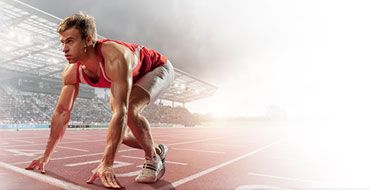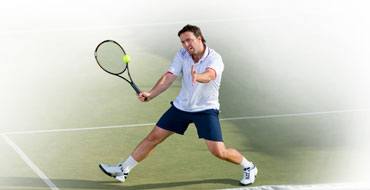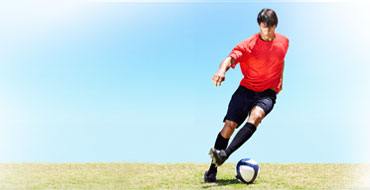Sports Nutrition
Nutrition is the intake of food to meet the body’s requirements. Good nutrition comprises of an adequate, well-balanced diet and is important for good health. Just like physical training, nutrition plays a major role in keeping you strong and healthy thereby helping you perform your best during sports. The following is a guide to sports nutrition:
A balanced intake of proteins, fats and carbohydrates offers a good proportion of energy and nutrients to the body.
Energy sources: Food may be transformed into units of energy called calories that are burned during activities. Athletic activity requires a high calorie intake which may be obtained from a variety of food sources. Carbohydrates are best at energy production and are important for endurance and power. Fats are an additional source of energy and help when you are exercising at low intensity. Avoid having fats before an activity as you may end up with intestinal cramping since fat takes a longer time to digest. Good fats such as omega-3 fats are found in certain fish, whole milk products, nuts and avocados.
Proteins: These are important for building, repairing and maintaining your tissues. Avoid unhealthy proteins such as fried chicken and cheese burgers, instead go for lean proteins such as beans, fish, tofu and grilled chicken or meat.
Vitamins and minerals: Vitamins and minerals help with metabolism to release energy from foods. Fluoride, calcium, vitamin D and magnesium maintain your bones and are important for sports. A daily multivitamin is usually enough to supplement your needs.
Water: Water flushes out toxins from the body and helps to keep you cool. You need to drink water before your activity, during your activity, and particularly after the activity to replenish your body.
Fueling plan, what to have and when?
Since every person is different there is no fixed fueling plan for all. The following are certain tips that can be helpful:
- Breakfast: It is crucial to start the day with breakfast as it helps your body replenish the lost glycogen (an energy store) utilized during sleep. Skipping breakfast can make you tired and lead to over-eating later.
- Eating before exercise: You may have a heavy meal four to five hours prior to your workout with a good amount of carbohydrates and a moderate amount of protein and fat, but it is usually advised to eat two to three hours before a workout for proper fueling. This should be a snack or light meal with a judicious number of carbohydrates and proteins and no fat, as fat takes time to digest.
- Eating during exercise: Drinking water and a sports drink is enough to keep yourself hydrated and replenish the sodium that is lost through sweating. If required, you can even have a small snack which is low in fat and protein.
- Eating after exercise: After strenuous activity or exercise, drink a sufficient quantity of water to keep yourself hydrated. In addition, have carbohydrates and proteins to replenish the glycogen that is lost while rebuilding or repairing any tissues.












